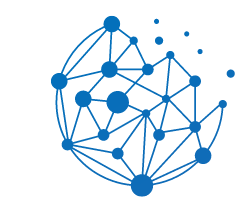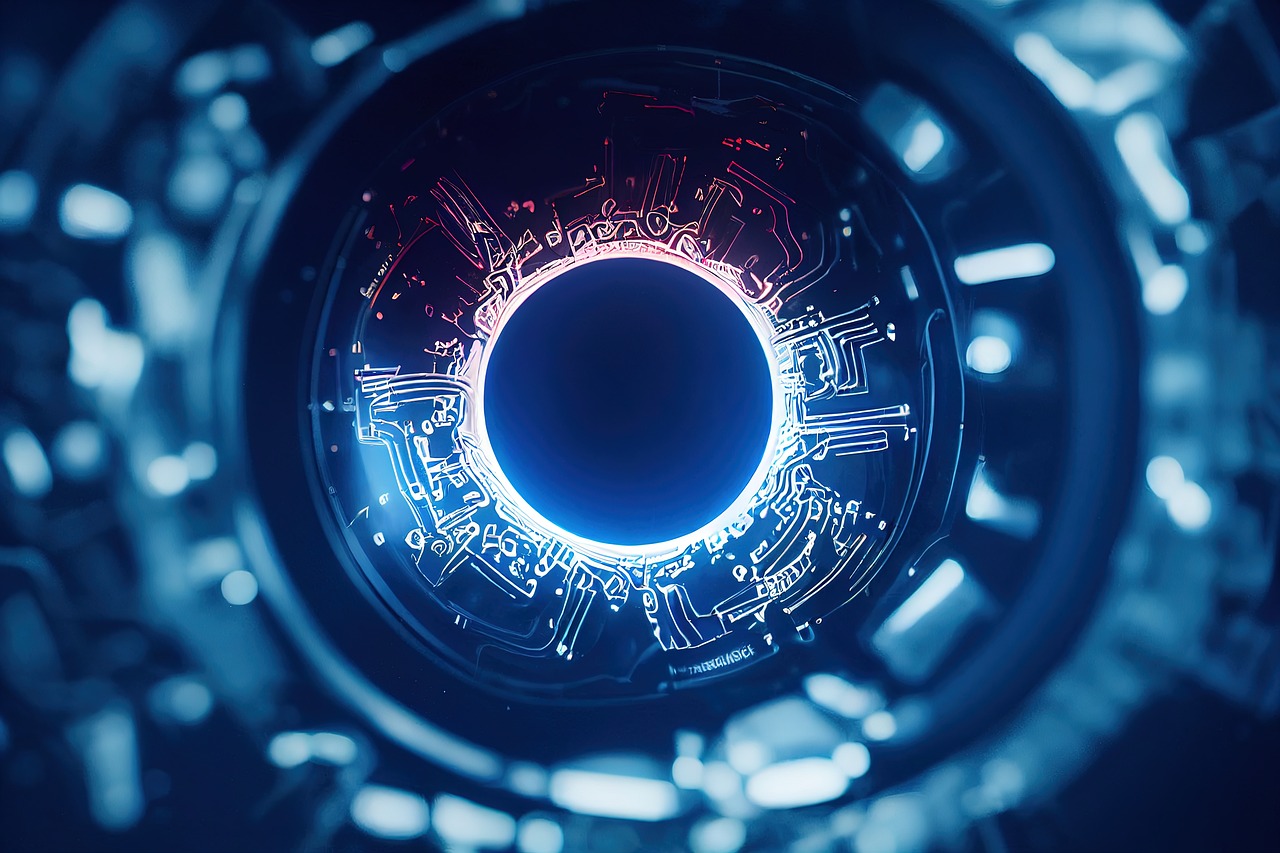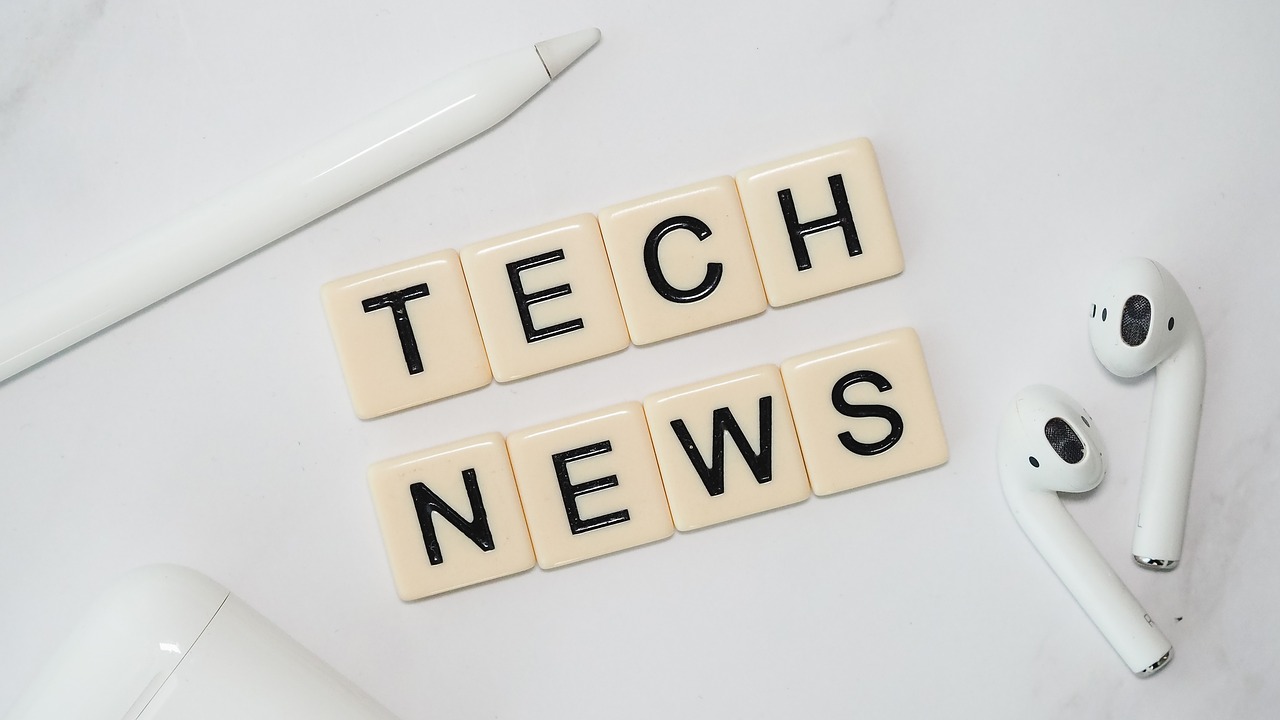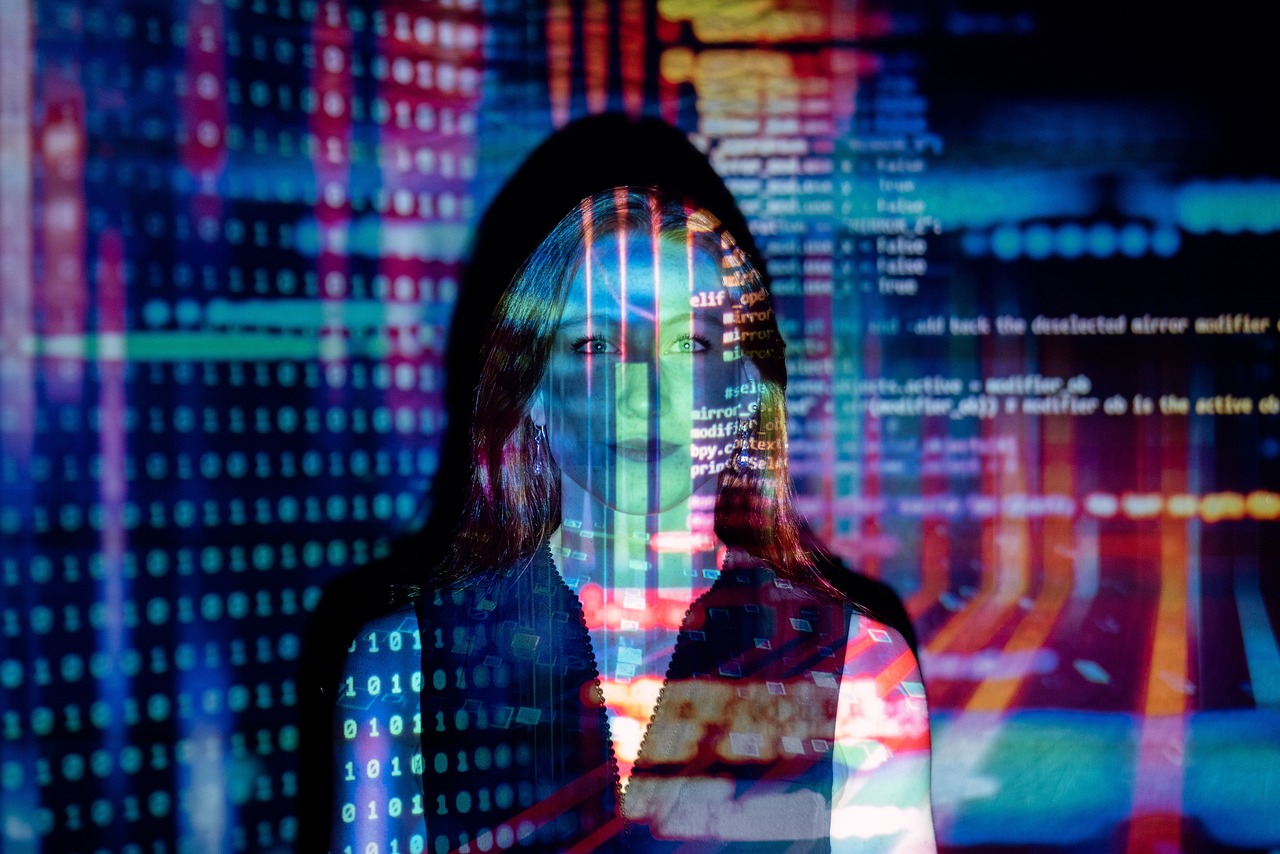1. Introduction to AI in Daily Life
1.1 Defining Artificial Intelligence
AI (Artificial Intelligence) -is the simulation of human intelligence in machines that are programmed to think and learn like humans. These systems are capable of tasks usually requiring human intelligence, including natural language processing, pattern recognition, and decision-making. AI as a concept has a storied history spanning over half a century, punctuated by the transition between conversation to implementation that color our everyday experience. Now, Define AI Machine learning, and deep learning technologies are the ongoing trends in AI.
1.2 The Ubiquity of AI
AI is working its way into different sectors to change technology practices. In healthcare, it aids in diagnosis, as well as a custom approach in treatment plans. In finance, fraud detection and investment management. Starting from cellphones and smart home appliances, consumer products have gotten ways to incorporate AI to change user experiences. Public services, such as transportation and law enforcement agencies, are also figuring out how to bring AI on board for quicker and safer operations. The vast presence of AI speaks volumes about how relevant it is in our lives today.
1.3 Purpose of the Article
This article attempts to investigate and analyze AI’s multi-faceted impact on daily functioning. With the unforeseeable development and advancement of AI in becoming increasingly part of society, it becomes quite imperative to understand its implications for daily living. The sections that follow explain the impact of AI on communication, home and lifestyle, work and productivity, and ethical considerations in its application.
2. AI in Communication
2.1 Smart Assistants and Voice Recognition
Digital assistants such as Amazon Alexa, Apple Siri, and Google Assistant have become a household name. These are most likely AI-based voice recognition technologies designed to comprehend and perform requests from their users. They understand natural language for tasks like setting reminders, music playback, and giving weather updates. Smart assistants are convenient and save users time as they can continue working on their other tasks or attend to something else while delegating other tasks to the assistant.
2.2 AI in Social Media
Social media platforms use AI algorithms to ensure the personalized experiences of users. Algorithms monitor users’ behavior in order to suggest content, friends, and advertisements in line with their individual preferences. AI also takes a leading role in content moderation that identifies and removes any piece of harmful or inappropriate content. However, personalized advertising questions rise about privacy and the extent to which online behavior is under surveillance.
2.3 Enhancing Remote Communication
With widespread remote work, AI tools have become critical to virtual communication. Tools including Zoom and Microsoft Teams provide AI capabilities such as noise cancellation and real-time transcription. Translation services powered by AI bridge communication across language barriers, further enhanced by chatbots which provide instant responses to customer inquiries, increasing customer satisfaction
3. AI in Home and Lifestyle
3.1 Smart Home Devices
The technology of the smart home has made a huge difference in how we handle our house. Smart appliances like those which control thermostats, lights, and security cameras can be done remotely to help provide convenience, energy efficiency, and utility management. Automation allows you to set routines such as adjusting a thermostat before leaving home. The security inbuilt by AI, which comes with facial recognition, also makes it safe, in that it will alert the owner to any unusual activities.
3.2 Health and Wellness Applications
Technology-enabled health and wellness, even more so, fitness tracking and metric monitoring, is capturing the attention of the world, with AI taking center stage. having these wearable devices, physical activities, heart rate, sleep patterns, and even personalized health recommendations are delivered. Moreover, social distancing means an ever-unceasing rise in the use of AI tools that are emerging to support mental wellness, such as guided meditations and mood trackers, giving us access to mental wellness tools.
3.3 AI in Entertainment
The entertainment industry has jumped onto AI to give its users a better experience. Streaming platforms such as Netflix and Spotify employ AI algorithms to recommend content based on viewing and listening habits. AI-generated music and art are also becoming very popular and amaze with their artistic capabilities. In gaming, AI enhances player experience by providing challenges that adapt to players’ abilities and constructing realistic environments, rendering games more engaging.
4. AI in Work and Productivity
4.1 Automation of Routine Tasks
AI is taking over many routine functions in diverse industries. From data entry to organizing appointments, AI tools may ease up time on such mundane chores, allowing employees to concentrate on higher-order tasks. Increased efficiency prettifies productivity. However, with automation comes the loss of jobs; and that’s what seems to have inspired the talk about the future of work.
4.2 AI in Data Analysis
AI processes faster and more accurately with great data volumes and hence improves activities for decision-making. AI Allows tools for businesses to visualize and interpret data so that they are able to make informed strategic decisions. Case studies depict how firms have maneuvered to exploit AI in business analytics to trace trends and tweak operations, thereby growing.
4.3 Collaboration Tools Powered by AI
AI project management tools are changing how teams work together. These tools enhance communication among team members, track project advancements, and allocate resources more effectively. With the rise of remote work, AI is sure to enhance both team dynamics and productivity for some considerable period into the future.
5. Ethical Considerations and Future Implications
5.1 Privacy Concerns
With the incorporation of AI technology into our life comes privacy concerns about data collection and user consent. It should be a balancing act between convenience and privacy. These moral issues will have regulatory frameworks set up to ensure the responsibly handled user data.
5.2 Bias and Fairness in AI
Algorithmic bias presents a major concern in the development of AI. Understanding the way of introducing biases into AI systems opens the door to promoting fairness. Having diverse data sets and providing strategies for mitigating bias represent major milestones toward fair AI applications.
5.3 The Future of AI in Society
For the days to come, Allied intelligence things predict that Artificial Intelligence will diversify and permeate into all aspects of life. There will be social change along with the introduction of AI, which will affect the labor force to education. For the future life of Artificial intelligence, focus will be transfused towards the education and flexibility of the individual in order to equip them to leverage competitive advantage aided by AI.
Conclusion
AI technologies are having a lasting impact on our daily lives, from affecting how we communicate to establishing a completely new work and life mode. An active engagement with AI in a responsible way while knowing the mathematical gains and challenges would be a necessary thing as we continue along this course. With continuing enlightenment and proactivity, we might exploit AI’s potential to improve our lives while dealing with its ethical considerations.
FAQs
What Is Artificial Intelligence?
Artificial intelligence is the imitation of human intelligence in machines so that these can do those jobs which may require human thinking process.
How does AI improves communication?
AI has smart assistants, social media algorithms, and video conference tools using artificial intelligence that personalize communication and help promote effective communication.
What are the dangers of viewing artificial intelligence as a part of everyday life?
Risks include invasion of privacy, concerns about job loss due to automation and algorithmic bias and its impact on decision making.
What are some common uses of EI in a workplace?
Use of AI can be continued with examples such as automating repetitive tasks,dealing with data-analysis-related tools powered with AI, and collaboration tools supporting team activities .
How can I protect myself and my privacy while using AI?
To stay private, take care to share no or as little information as possible, check the privacy options of devices and applications, and be very up-to-date regarding the various policies and regulatory frameworks dealing with ethical aspects of Artificial Intelligence.




